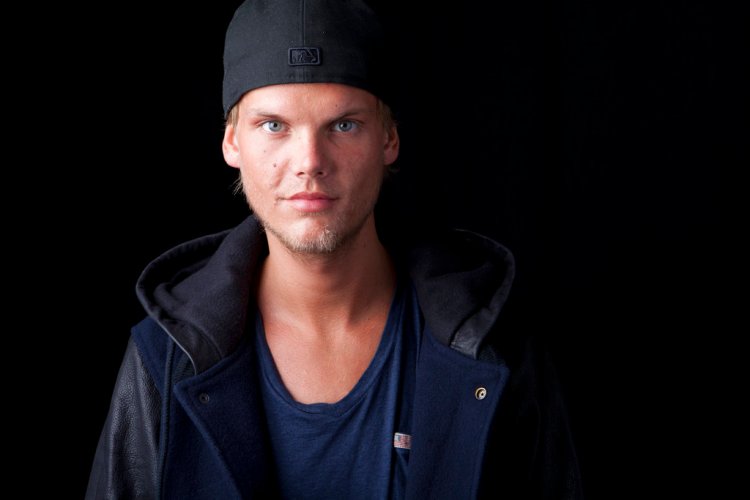NEW YORK — Avicii, the Grammy-nominated electronic dance DJ who performed sold-out concerts for feverish fans around the world and also had massive success on U.S. pop radio, died Friday. He was 28.
Publicist Diana Baron said in a statement that the Swedish performer, born Tim Bergling, was found dead in Muscat, Oman.
“It is with profound sorrow that we announce the loss of Tim Bergling, also known as Avicii,” the statement read. “The family is devastated and we ask everyone to please respect their need for privacy in this difficult time. No further statements will be given.”
No more details about the death were provided. Oman police and state media had no immediate report late Friday night on the artist’s death.
Avicii was an international pop star, performing his well-known electronic dance songs around the world for feverish fans, sometimes hundreds of thousands at the music festivals, where he was the headline act. His popular sound even sent him to the top of the charts and landed onto U.S. radio: His most recognized song, “Wake Me Up,” was a multi-platinum success and peaked at No. 4 on Billboard’s Hot 100 chart. On the dance charts, he had seven Top 10 hits.
He was part of the wave of DJ-producers, like David Guetta, Calvin Harris and Swedish House Mafia, who broke out on the scene as lead performers in their own right, earning international hits, fame, awards and more like typical pop stars.
Avicii even collaborated with high-profile acts, producing Madonna’s “Devil Pray” and the Coldplay hits “A Sky Full of Stars” and “Hymn for the Weekend.”
Avicii was nominated for two Grammy Awards, two MTV Europe Music Awards and one Billboard Music Award.
His death comes just days after he was nominated for a 2018 Billboard Music Award for top dance/electronic album for his EP “Avicii (01).” He was nominated alongside his peers, who have taken EDM mainstream of late – The Chainsmokers, Calvin Harris and Kygo.
He is the subject of the 2017 Levan Tsikurishvil documentary “Avicii: True Stories.”
Avicii had in the past suffered acute pancreatitis, in part due to excessive drinking. After having his gallbladder and appendix removed in 2014, he canceled a series of shows in attempt to recover. He quit touring in 2016 but continued making music in the studio.
“It’s been a very crazy journey. I started producing when I was 16. I started touring when I was 18. From that point on, I just jumped into 100 percent,” Avicii told Billboard magazine in 2016.
“When I look back on my life, I think: whoa, did I do that? It was the best time of my life in a sense. It came with a price – a lot of stress a lot of anxiety for me – but it was the best journey of my life.”
Last year, he posted this message on his website, promising to keep creating: “The next stage will be all about my love of making music to you guys. It is the beginning of something new.”
Muscat, where Avicii died, is the capital of the sultanate on the eastern edge of the Arabian Peninsula, is a popular vacation destination on the Arabian Sea.
AP Entertainment Writer Mark Kennedy and AP Writer Jon Gambrell contributed to this report.
Send questions/comments to the editors.



Comments are no longer available on this story